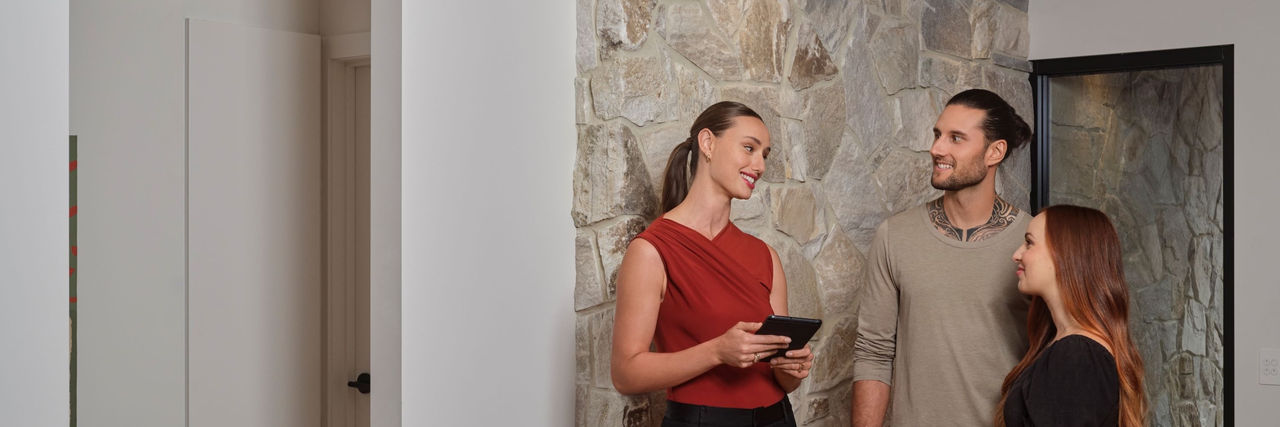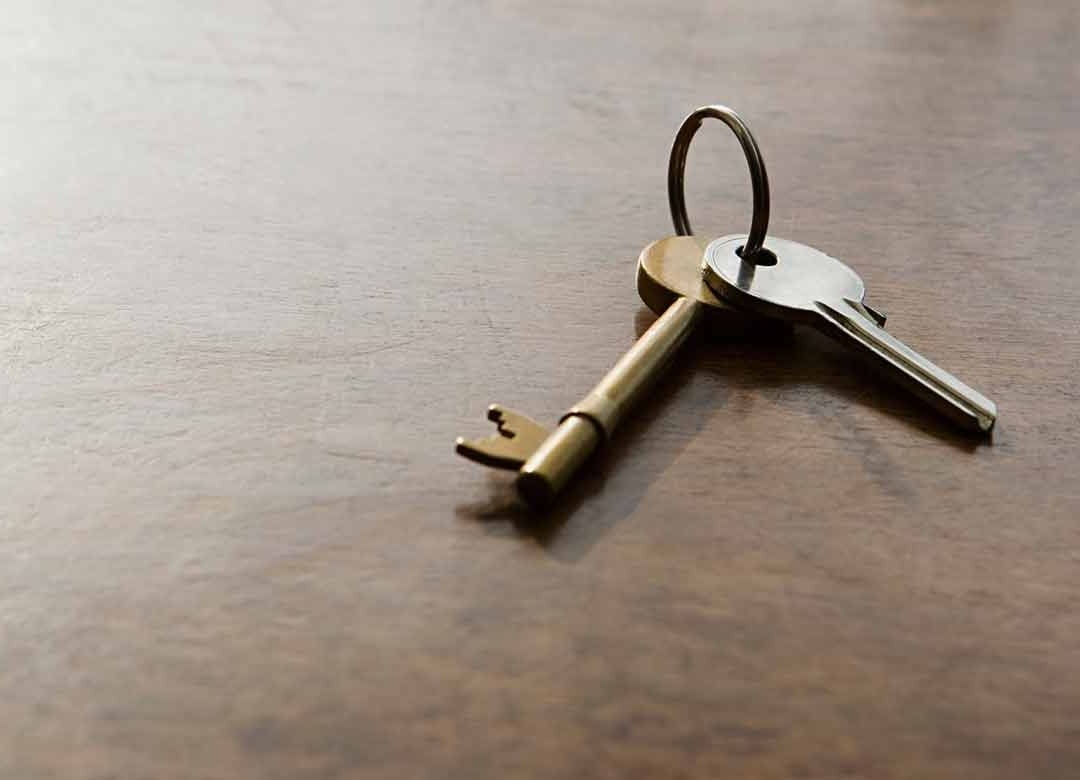Buying property checklist | Key steps involved - NAB
How to use our house buying checklist
Buying a home is a major financial decision. Whether you’re a first-time buyer or upgrading to suit your needs, this checklist covers what to look for, from planning, inspections, to key questions and financial considerations, so you can feel confident every step of the way.
Step 1: Research and plan ahead
Before stepping into a property, take time to research and plan. This helps you avoid surprises and ensures the home suits your long-term goals.
Proximity
Is the property close to public transport, schools, work and lifestyle hubs?
Future development
Look for council proposals and infrastructure upgrades that may affect the area’s value or liveability.
Planning restrictions
Understand zoning rules, overlays, building height limits, and easements.
Builder’s reputation
Look at past projects, customer reviews to assess quality and reliability.
Step 2: Organise your finances
Research and financial preparation
Understanding the full financial picture helps you buy with confidence.
Understand your budget
You can use calculators to help you estimate your budget and explore repayment options.
Price comparison
Start by doing a price comparison. Look at similar properties in the area to see if the asking price is fair. Review market reports to help you compare recent sales and market trends.
Account for hidden costs (closing fees, moving costs, inspections)
You need to factor in upfront and ongoing costs early in your homebuying journey as they can add thousands to your budget. These typically include stamp duty, legal fees, building and pest inspections and home insurance.
Get a loan pre-approval
Once you’ve done your initial research and are financially preparing to buy, getting a pre-approval is helpful. This can be a smart way to show sellers you’re serious and also get a clear idea of what you can afford.
Step 3: What to look for during a house inspection
An open home inspection gives you the opportunity to look beyond the surface. Use this time to assess the property’s condition and suitability.
Structural integrity
Check cracks, damp patches or signs of movement in walls, ceilings and floors.
Natural light
Consider window placement, airflow and orientation.
Layout
Walk through and assess flow, functionality, storage and accessibility.
Noise and surroundings
Check neighbour proximity and assess privacy.
Step 4: Questions to ask at a house inspection
Asking the right questions to the real estate agent can reveal hidden issues and help you make a more informed decision. It’s also worth getting legal advice to ensure you’ve got all aspects covered.
Known issues or repairs
Ask about recent fixes or ongoing problems.
Council rates and fees
Understand ongoing costs and how they fit into your budget.
Renovation restrictions
Review council regulations. Ask if extensions or changes are allowed.
Other restrictions
Ask if the property is affected by bushfire zones, flood risks, or heritage listings.
Government schemes
If you're buying your first home, you may be eligible for government schemes and grants that reduce costs or boost your deposit. Eligibility and benefits vary by state and income level, so it’s worth checking what applies to you.
Additional financial considerations
Choose the right loan structure
Think about whether a fixed, variable or split loan suits your situation. Fixed loans offer stability, while variable loans can give you flexibility.
Speak to a NAB home loan expert
When you’re ready to get started, don’t feel like you need to do it alone. Talk to an expert and get personalised advice to match your financial goals.
Ready to purchase your home?
Talk to our home loan experts today.
Explore other home and property guides
Fixed vs. variable home loans
Unsure if you need a fixed or variable rate home loan? We can help.
First home buyer’s guide
Our easy step-by-step guide to buying your first home.
How much do you need for a house deposit
Tips to help you save a deposit for a home loan.
Related products and services
Home loans
Home loans for every need with tools, calculators and guides to help you choose.
How much can I borrow?
Get an estimate of how much you can afford to borrow for your home.
Home loan repayment calculator
Compare your loan amount with other factors to estimate your minimum loan repayments.
Contact us for home loan related queries
This is how you can get in touch.
Start a conversation with a banker
- Log into either NAB Internet Banking or the NAB app.
- Tap on the message icon.
- Type ‘speak to a person’ in the conversation window.
Call us
Speak to a home loan expert about a new or existing home loan.
Monday to Friday, 8:00am to 7:00pm (AEST/AEDT)
Saturday to Sunday, 9:00am to 6:00pm (AEST/AEDT)
Book an appointment
Make an appointment to see us at your nearest branch, ask a mobile banker to come to you or ask us to call you back.
Terms and Conditions
Apologies but the Important Information section you are trying to view is not displaying properly at the moment. Please refresh the page or try again later.
The information contained in this article is intended to be of a general nature only. It has been prepared without taking into account any person’s objectives, financial situation or needs. Before acting on this information, NAB recommends that you consider whether it is appropriate for your circumstances. NAB recommends that you seek independent legal, financial and taxation advice before acting on any information in this article.
Target Market Determinations for these products are available at nab.com.au/TMD.




